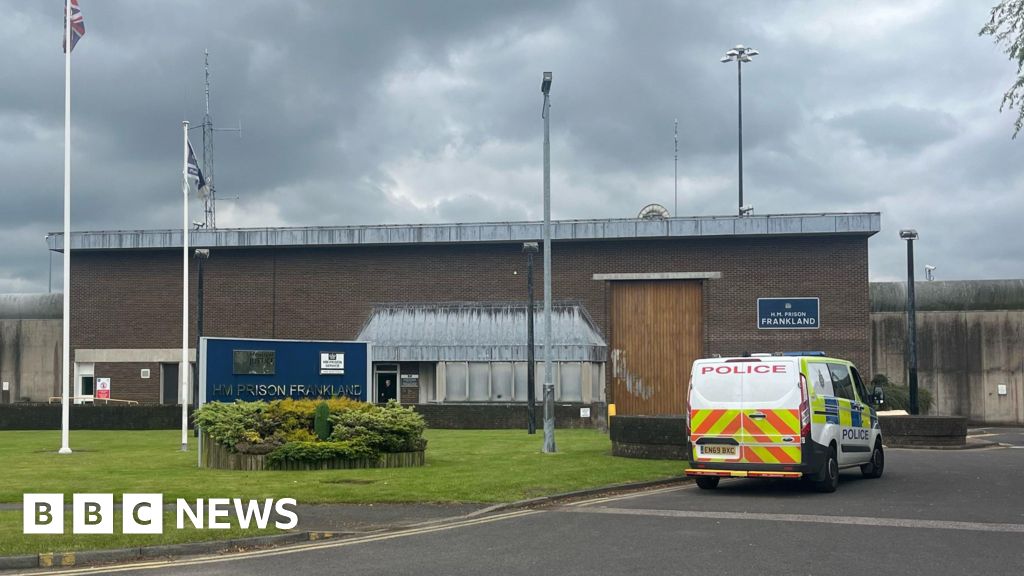Prison Officers Demand Electric Stun Guns for Enhanced Safety

In a pressing move to enhance safety measures within the correctional facilities of the United Kingdom, prison officers are set to urge the government to equip staff with electric stun guns. This demand comes in light of a recent attack at HMP Frankland, one of the countrys most notorious prisons, where Hashem Abedi, a key figure implicated in the Manchester Arena bombing, launched a violent assault on prison staff.
The meeting scheduled for Wednesday with Justice Secretary Shabana Mahmood aims to address these urgent security concerns. Abedi, during his violent outburst, resorted to throwing hot oil at officers and wielding makeshift weapons, highlighting the severe dangers faced by prison staff in high-risk environments. Mark Fairhurst, the national chair of the Prison Officers' Association (POA), vocalized the necessity for what he termed as the tactical use of taser, emphasizing the pressing need for effective defensive measures.
In a statement reflecting on the situation, Mahmood acknowledged the need for improvements, asserting that we must do better to protect our prison officers in the future. In an appearance on BBC Breakfast, Fairhurst expressed his grave concerns regarding the inadequacy of current defensive tools available to officers. He emphasized that, in life-threatening scenarios, the absence of tactical options significantly endangers their safety.
When incidents escalate, and our extendable batons and incapacitant spray fall short, we are left defenseless, Fairhurst stated. He advocated for the presence of specially trained personnel at prison facilities, who would be authorized to deploy tasers to neutralize immediate threats effectively. Currently, the only tools available to prison officers consist of extendable batons and Pava incapacitant spray, a synthetic variant of pepper spray, which Fairhurst argues are insufficient given the escalating violence.
Furthermore, the POA is renewing its calls for all staff members to be equipped with stab vests, enhancing their protection against potential attacks. Fairhurst has proposed the introduction of Supermax-style regulations, akin to those in American high-security prisons, for handling the most dangerous inmates. Such regulations would mandate that select high-risk prisoners leave their cells only when restrained by handcuffs and accompanied by a team of three officers, negating any interaction with fellow inmates and limiting their access to basic rights and privileges.
The Ministry of Justice has responded to the outcry, announcing a comprehensive, independent review of the incident that has garnered criticism from survivors and the families of the victims of the Manchester Arena bombing. Former prison governor Ian Acheson articulated the urgent need for improved protective equipment for prison officers, especially those tasked with managing high-risk individuals, stating, The current equipment is inadequate when measured against the level of threat our officers face. He called for swift action from the Ministry of Justice, warning that the situation could lead to the tragic loss of a frontline prison officer on duty if left unaddressed.
In light of the attack, security measures at the separation center, which previously allowed prisoners access to the kitchens, have been temporarily suspended by the Ministry of Justice to reassess and improve the safety protocols in place. Following the incident, Abedi has since been relocated to the high-security Belmarsh prison in London, a facility known for housing some of the most dangerous criminals in the country.

























